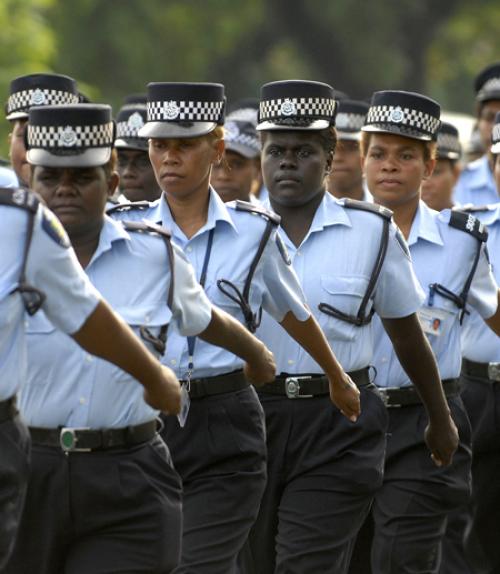
Workers who love ‘synergizing paradigms’ might be bad at their jobs
Cornell Chronicle
 Department Homepage
The College of Arts & Sciences
Department Homepage
The College of Arts & Sciences


